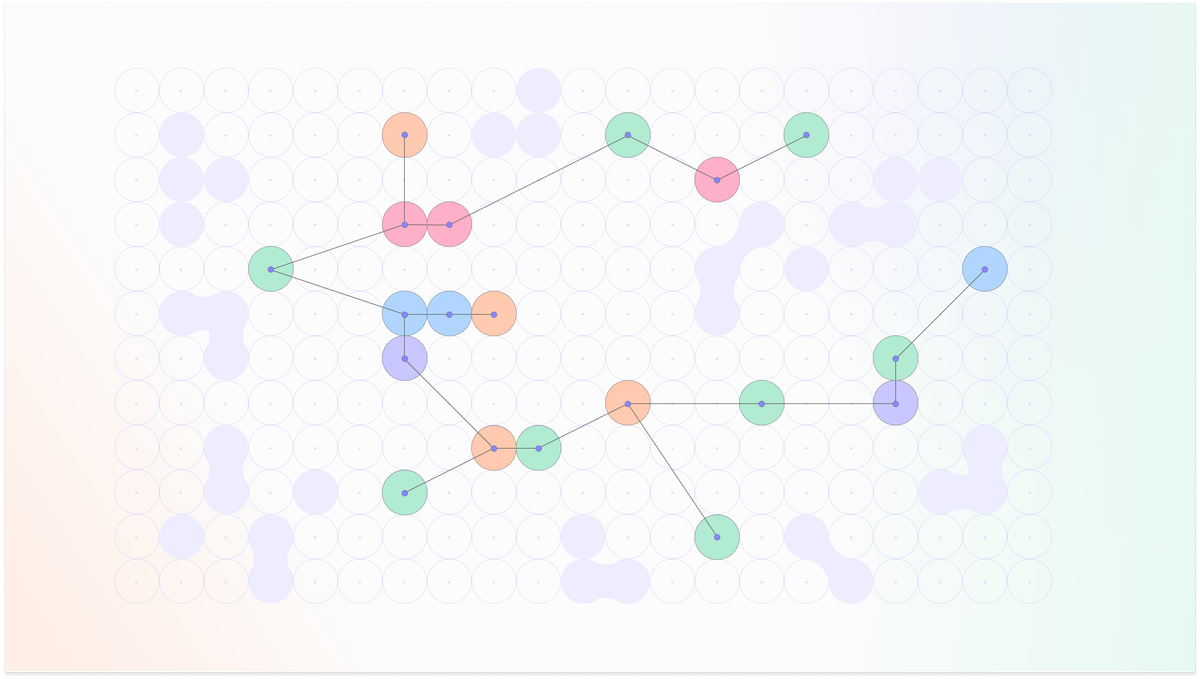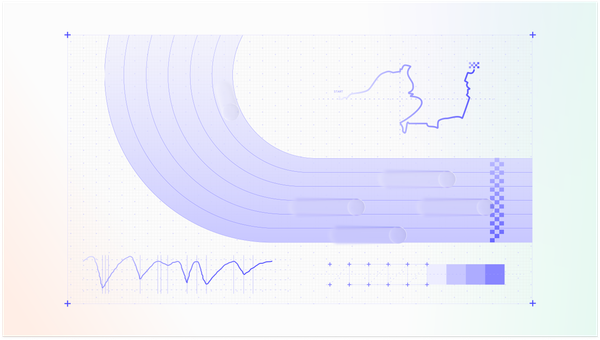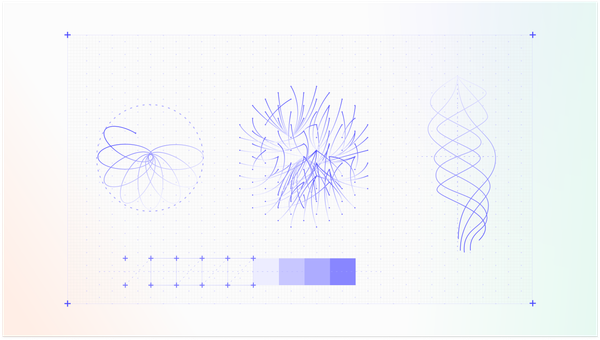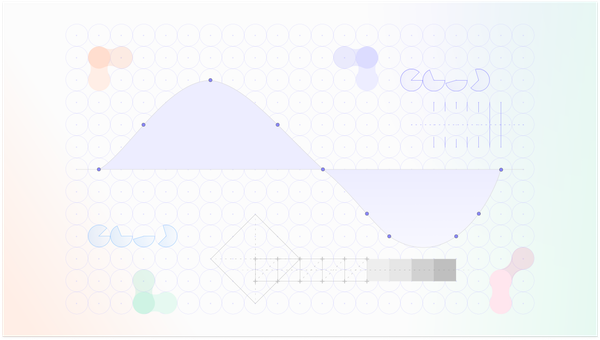Enterprise research teams today navigate a complex landscape of disconnected tools, agencies, and participant management systems. Insights can be lost in handoffs between platforms, projects stall under administrative complexity, and scaling research across regions is a constant challenge.
The organizations that excel are those that can bring all the moving parts of research-people, tools, and data-into closer alignment. Streamlined coordination improves efficiency, reduces redundancies, and ensures insights are both faster and more reliable. In short, thinking holistically about research operations unlocks value that isolated workflows simply cannot.
The Hidden Costs of Fragmentation
Fragmented research operations aren’t just inconvenient-they carry real costs:
- Time lost in coordination: Teams spend hours managing tools, chasing participants, and reconciling outputs across agencies.
- Inconsistent data quality: Without a unified framework, standards for participant selection, moderation, and analysis vary, reducing reliability.
- Missed insights: Disconnected processes can obscure patterns in user behavior, leaving teams unaware of critical opportunities or pain points.
- Scaling challenges: Expanding research across regions introduces logistical complexity that fragmented workflows struggle to handle efficiently.
Why Integration Matters
When research operations are considered holistically, teams can:
- Accelerate projects: Smoother coordination and reduced administrative overhead free teams to focus on designing and analyzing studies.
- Increase reliability: Consistent standards for participants, moderation, and data handling improve the credibility of insights.
- Unlock comparative value: Integrated processes make it easier to compare findings across regions, platforms, and user groups.
- Scale thoughtfully: Streamlined operations support broader, multi-region research without compromising quality.
Think of integration less as a tool and more as a mindset: aligning workflows, participants, and methodologies to reduce friction and amplify outcomes.
Operational Principles for Modern Research
Even without a single unifying platform, teams can begin applying integration-focused practices today:
- Map all workflows: Understand the complete research lifecycle from planning to reporting. Identify redundant steps and opportunities for consolidation.
- Standardize data and protocols: Define clear standards for participant screening, moderation, and data handling to ensure consistency.
- Leverage local expertise: Engage moderators or researchers familiar with local context to improve relevance and accuracy.
- Automate where possible: Streamline repetitive tasks like scheduling, reporting, and participant communication to free up time for analysis.
- Document insights holistically: Capture context, anomalies, and cultural nuances so findings are actionable across teams and regions.
The Strategic Advantage
Organizations that approach research operations holistically gain more than efficiency-they create a foundation for strategic decision-making. Coordinated research enables faster validation of product ideas, sharper understanding of user needs, and more reliable scaling across regions.
By thinking in terms of integration rather than isolated tasks, teams transform research from a set of discrete outputs into a coherent, high-value engine that powers smarter decisions.
Conclusion
Fragmented workflows are a hidden drain on research operations, slowing projects, reducing data quality, and limiting scalability. The companies that succeed are those that align people, processes, and data, enabling research to operate as a connected, efficient, and reliable system.
Rethinking research operations isn’t about tools - it’s about adopting a mindset that values integration, efficiency, and consistency. When these principles guide your research strategy, insights are faster, decisions are better, and scaling across markets becomes achievable.
This is the first article in our new series on the connected research ecosystem. The future of research is not about adding another tool - it’s about building a better system. Future articles in this series will cover the measurable value perspective, provide infrastructure blueprints, and detail the long-term strategic vision required to future-proof your insights.







Member discussion